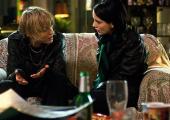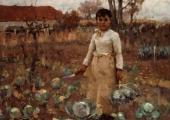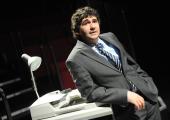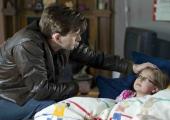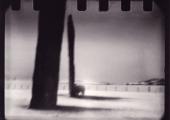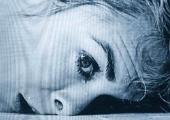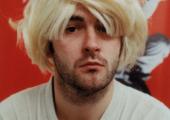A Turner Prize first for sound artist
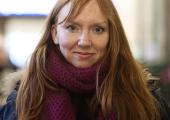
Dexter Dalwood appeared to be an early favourite, while many wished Angela de la Cruz, who had suffered a debilitating stroke five years ago, a deserved comeback triumph (though the artist who makes evocative “sculpture/paintings” of crumpled canvases did win the prestigious £35,000 Paul Hamlyn Award last month). Few, apart from this reviewer, appeared to be backing the Otolith Group. But in the end, it was 45-year-old Glaswegian artist Susan Philipsz, with recordings of three different versions of a traditional Scottish ballad, who bagged the Turner Prize last night.

